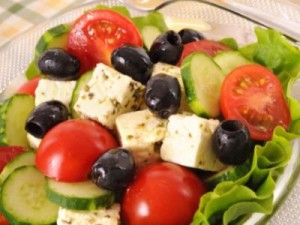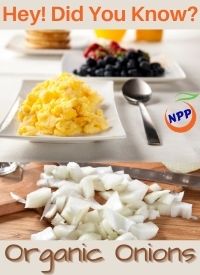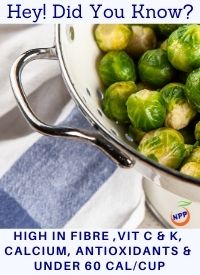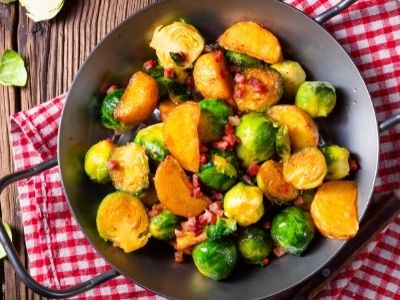Scroll down to listen to the audio!
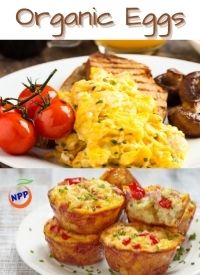 Eggs are referred to as one of the “most perfect” sources of protein – six grams of protein in just one large egg – and have even been called “superfoods”. In Healthline, it reads that “an egg contains all the nutrients required to turn a single cell into a baby chicken” and that “eggs are among the most nutritious foods on the planet”.
Eggs are referred to as one of the “most perfect” sources of protein – six grams of protein in just one large egg – and have even been called “superfoods”. In Healthline, it reads that “an egg contains all the nutrients required to turn a single cell into a baby chicken” and that “eggs are among the most nutritious foods on the planet”.
They contain all of the essential amino acids – the body’s building blocks – in perfect ratios. Eggs are rich sources of Selenium and Vitamin D for the immune system; Choline for the brain and the heart, Iron for the blood, Folate for our Moms-to-be, B6 for energy, B12 for the blood, Zinc for healing, and Lutein and Zeaxanthin for the eyes. Most of the nutrients are found only in the yolk – not in the egg white, if eaten alone. Many people on weight loss and low cholesterol diets have turned to eating only egg whites, eliminating the yolk for all of their cooking and baking needs. Egg whites are high in protein and lower in calories, but contain fewer vitamins, minerals, and healthy fats than whole eggs. The precious yolks have been unfairly maligned for decades.
Although demonized in the past, recent studies have concluded that eggs do not cause heart disease and stroke. Low in calories, about 75 in total, eggs are filling, rich in healthy omega 3 fats, and make a nutritious and satisfying breakfast, even on a weight loss program.
“According to the 2015-2020 Dietary Guidelines for Americans, eggs are one of the proteins that make up a healthy eating pattern. Research suggests that eating two to three eggs per day may have cardiovascular benefits”. That being said, we are unique. Although eggs will benefit HDL levels for most, for some whose LDL levels are too high, they could raise them a bit more. So, it is important to know your numbers and not to overdo if you are in this category.
Does colour matter? For the shell, the colour does not determine a difference in the nutritional value or taste. The colour of the yolk is a different story. It usually depends on the food that the hens are being fed. Rich, dark yolks contain more antioxidants than pale yellow ones. Pale or medium yellow yolks usually come from conventionally raised hens that are grain fed. The grains usually include corn, which is genetically modified so contains glyphosate. A darker, more orange coloured yolk is a result of carotenoids, particularly xanthophyllis, in the hens’ feed, which is organic with no added GMO ingredients.
Eggs should be organic, meaning they are totally free range. If not, you are probably eating eggs laid by chickens that have been raised crowded together in cages. A “free range” or “cage free” label may describe chickens that are crowded, closely together, into hen houses with no fresh air or sunlight. Organic eggs are laid by chickens that are allowed to move freely through the outdoors into the sunshine. Which chickens, and therefore, which eggs, do you think will be healthier and contain more nutrients?
Happy and healthy chickens will lay healthier eggs. The vibrational energy of our food impacts our health and well-being. Ancient Greeks knew the importance of food having good energy and bringing unconditional love “agapi” to their families. Also, many an Italian grandmother has announced that the most important ingredient in their food is “the love”.
Banana Blueberry Muffins
(Organic & Gluten-free)
INGREDIENTS:
- 2 organic bananas, mashed
- 4 organic eggs, beaten
- Fresh, or frozen, organic blueberries
Directions:
- Blend the mashed bananas with the eggs.
- Oil the bottom of a muffin tin and/or line with paper cups
- Place blueberries into the bottom of each cup
- Fill each cup with the egg & banana mix
Bake at 400 degrees Fahrenheit for approximately 12 minutes.
Enjoy!

*Audio link for those in need or who prefer to listen to our blogs:
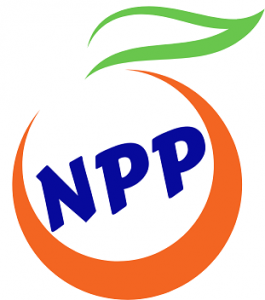
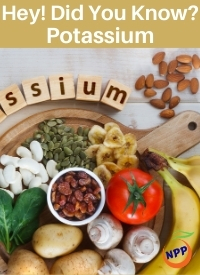
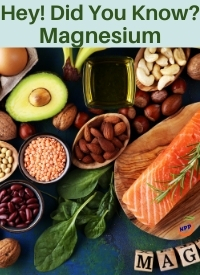
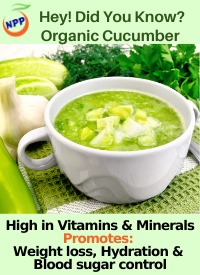 Organic Cucumbers, actually members of the fruit family, have a high water content (95%) and are packed with B vitamins, vitamin A, and antioxidants. They were once thought of only as a great addition to green salads, or a side to a meal, adding variety, colour, and a light, pleasant taste. They are now seen as helping with weight loss, constipation, blood pressure, skin, eyes, and bones while, at the same time, keeping you hydrated. You will derive even more benefits if you eat the entire cucumber, including the seeds and skin, after a thorough scrub and wash.
Organic Cucumbers, actually members of the fruit family, have a high water content (95%) and are packed with B vitamins, vitamin A, and antioxidants. They were once thought of only as a great addition to green salads, or a side to a meal, adding variety, colour, and a light, pleasant taste. They are now seen as helping with weight loss, constipation, blood pressure, skin, eyes, and bones while, at the same time, keeping you hydrated. You will derive even more benefits if you eat the entire cucumber, including the seeds and skin, after a thorough scrub and wash.